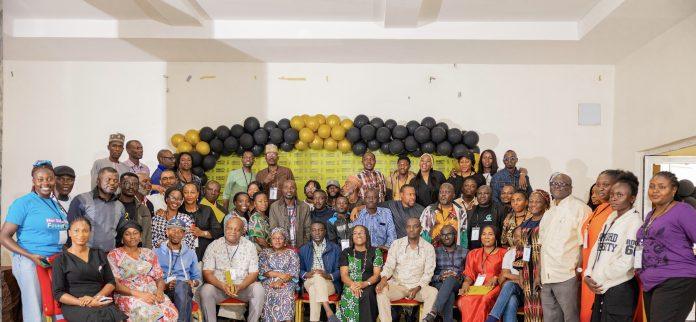By Atoyebi Nike
Amnesty International has asked journalists in Plateau State to focus on ethical, rights-based, and conflict-aware reporting.
This message came during a two-day training held in Jos. The event was themed “Human Rights-Centered Journalism” and organized for members of the NUJ Correspondents’ Chapel, Plateau State Council. Reporters from different outlets took part.
Barbara Magaji, Programme Manager at Amnesty Nigeria, said the press should go beyond sharing facts. “Journalists must protect human rights through the stories they tell,” she noted. Magaji stressed the need for careful reporting on killings, evictions, and protests.
She said language and tone could either promote justice or worsen harm. Amnesty has over 10 million supporters in 150 countries. In Nigeria, it monitors abuses like torture, forced disappearances, and censorship.
Dr. Kabiru Danladi from Ahmadu Bello University, Zaria, spoke on media ethics. He said careless labels in reports often deepen social divides. “Saying ‘Fulani herdsman’ or ‘Kanuri Boko Haram’ stigmatizes entire communities,” he warned.
He urged journalists to look deeper into issues. “Don’t just report symptoms—investigate causes like inequality or state neglect,” he said. “Truth must come before speed.”
Dr. Plangsat Dayil, an associate professor from the University of Jos, focused on gender. She said media often paints women as victims, not experts. “This imbalance limits how we see women in society,” she said.
Dayil called for equal representation in reporting. “Quote women as authorities. Use inclusive language,” she advised. She urged journalists to consider class, ethnicity, and disability when covering gender.
Polycarp Auta, chairman of the NUJ Correspondents’ Chapel, thanked Amnesty. He called the training timely and vital. “We witness rights violations firsthand,” he said. “It’s our job to expose them and hold power accountable.”
He expressed hope for continued support from Amnesty. “This marks the start of a strong partnership,” he added.
